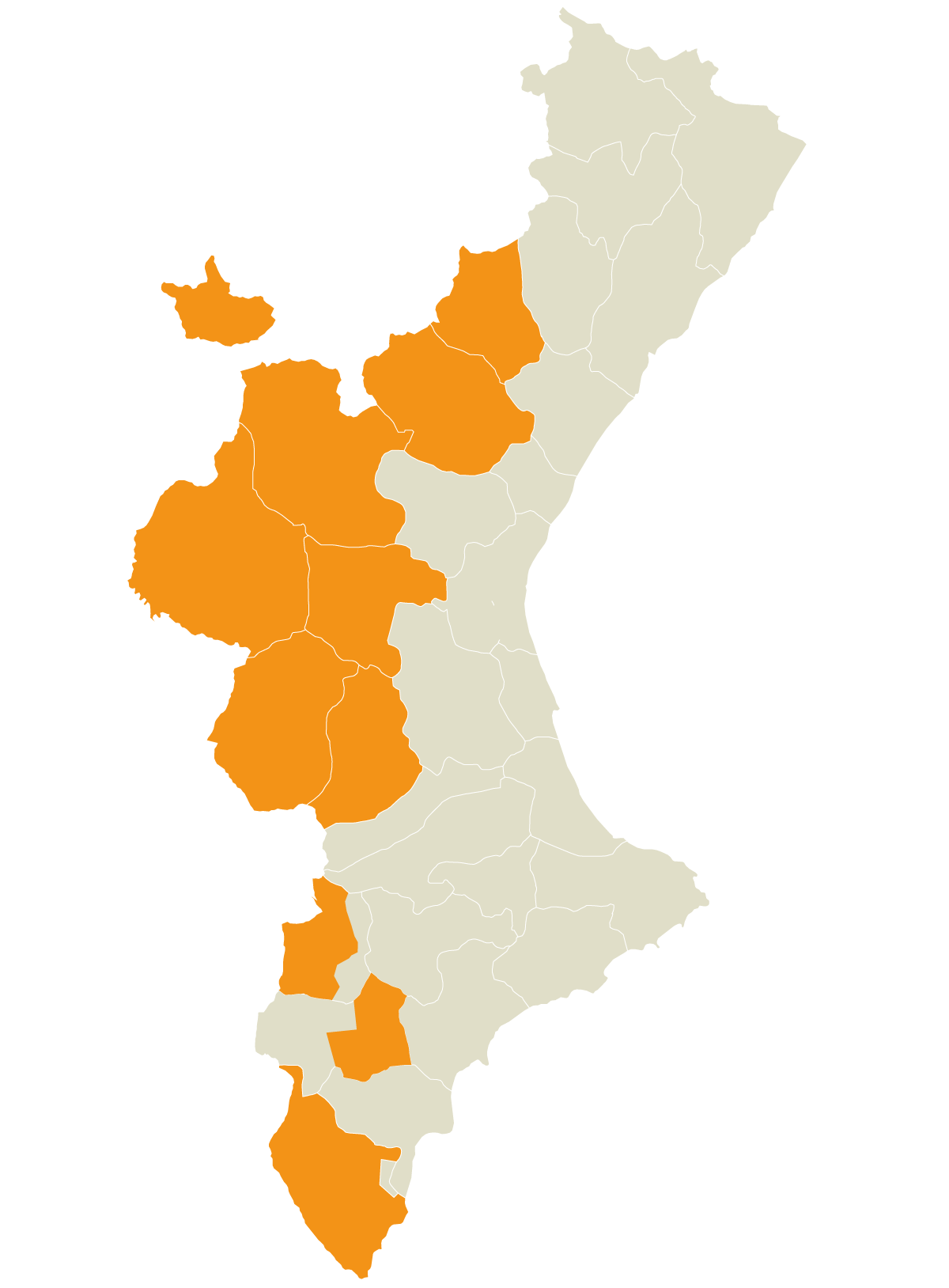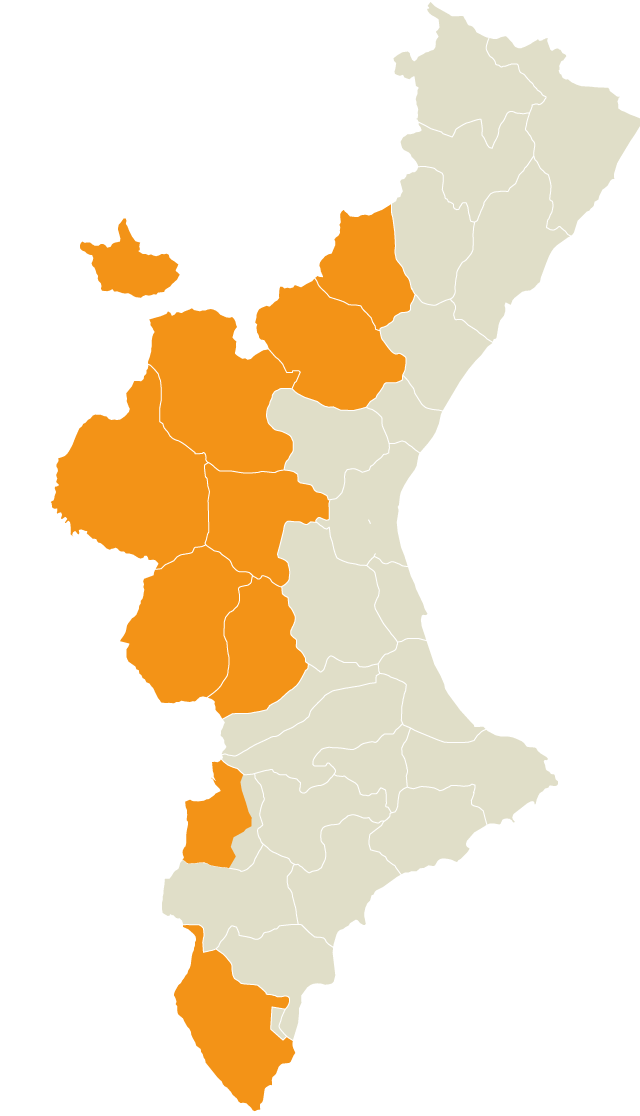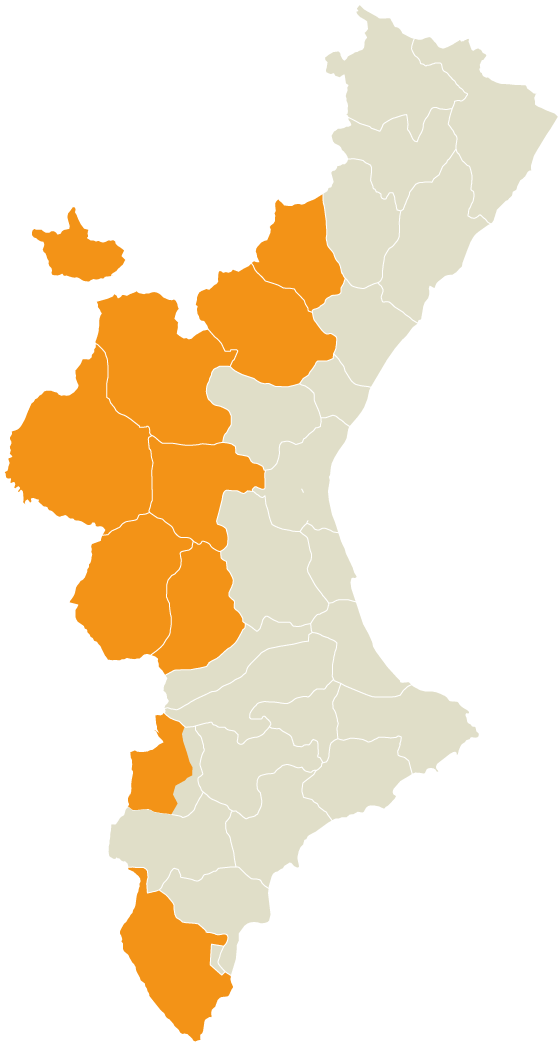The People's Party (PP) gives in to Vox and will request that Alicante no longer be considered a Valencian-speaking region.
The strategy of both formations contrasts with the commitment to teaching in Valencian, reflected in the consultation on the language in the classrooms.

ValenciaVox is determined to weaken teaching in Valencian. This is demonstrated by the fact that the crisis in the Alicante municipal government, triggered by the debate on the council's financial stability plan, has been resolved with the approval of a ten-point plan that includes initiatives unrelated to the economic sphere, such as the approval of an institutional declaration calling on the Valencian Parliament to amend the law on the use and teaching of Catalan.
If the change goes ahead, it would mean incorporating the city into the group of municipalities where teaching Valencian is not mandatory and where the use of Catalan as the vehicular language is marginal. This possibility is a consequence of an exemption provided for by the 1983 law, which was then defined as temporary but is still in force.
As Vox spokespersons themselves have explained, the far-right party has been working for some time to extend the exemption beyond the eight regions where it applies. In fact, they already presented a motion to the Alicante city council in 2023 with this objective. Ultimately, the initiative was withdrawn at the request of the PP, which promised its members it would incorporate it into the future education law, a circumstance that never occurred.
The announcement by Vox and the PP, the majority party and mayoral candidate Luis Barcala, has provoked strong rejection from organizations such as Acció Cultural del País Valencià and El Tempir, which have accused the two parties of persecuting Catalan and causing conflict. Furthermore, they warned that the incorporation of Alicante into the so-called Spanish-speaking area could be the first step in a strategy that could be replicated in neighboring cities such as Elche.
Families opt for Valencian despite the halt in concerted education.
The desire of the PP and Vox to weaken education in Catalan contrasts with the results of a report published this Tuesday by the association Families for Valencian, which reflects the desire of many families to increase teaching in Catalan. Specifically, the study reveals that in the recent consultation on the vehicular language in classrooms, Valencian was the option chosen by 56 percent of families, a percentage that rises to 70 percent in public schools and drops to 23 percent in private schools.
The association considers this data "very positive," given that it shows that the vast majority of families "are committed to their children being able to study in Valencian" despite the attempts by "the Ministry of Education to marginalize our language in the classroom."



